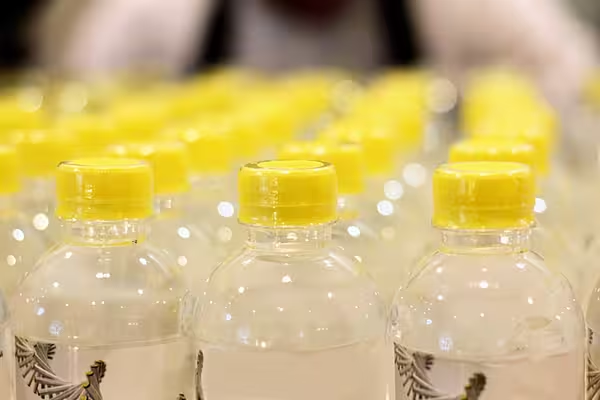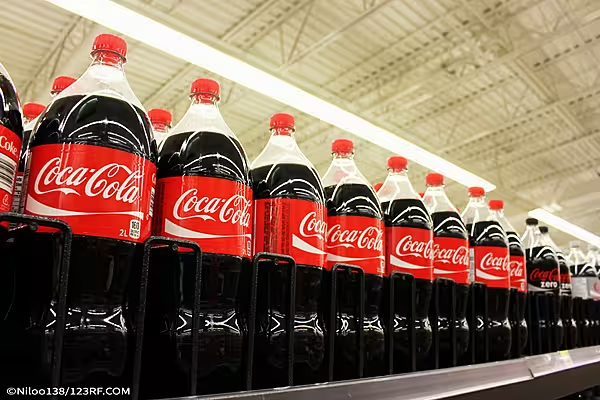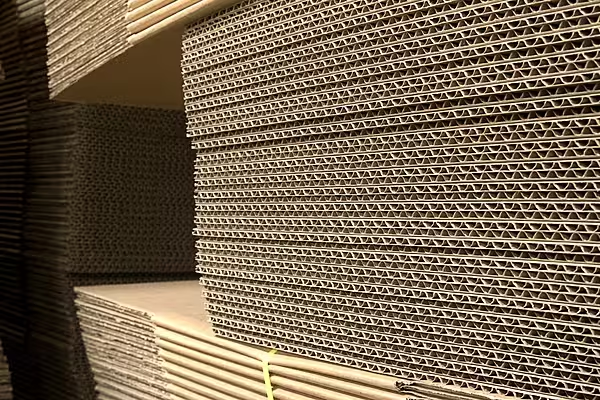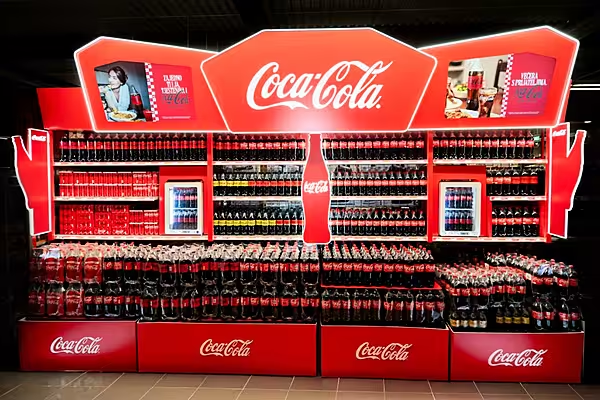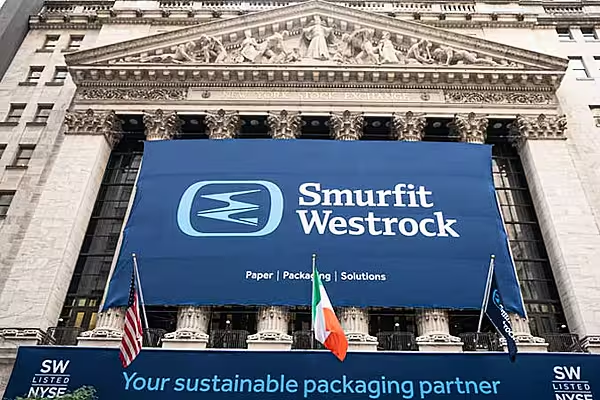Earlier this week, the UK government announced plans to introduce a deposit return scheme for single-use drinks containers, in a bid to cut down on plastic pollution.
The proposed plan would likely see an increase in the price of plastic bottles, but allow customers to get their money back when they return the empty bottles through a network of 'reverse vending machines'.
However, the British Retail Consortium (BRC) says that it could cost up to £1 billion to install these machines in stores across England.
“We’re pleased the Government has said any scheme will be based on evidence and any costs for consumers and retailers will be proportionate," said Andrew Opie, director of food and sustainability policy at the BRC.
"The Government needs to be creative in its thinking, for example using municipal sites, not just shops in town centres, to tackle littering. We also hope we can move on from single issues such as bottles to a more co-ordinated, comprehensive approach to tackling plastic packaging, starting with an effective producer responsibility."
In spite of concerns over how the scheme would work and who will pay for it, many of the UK's retailers have come out in support of the scheme, including Tesco, Sainsbury's, Morrisons, Iceland, and the Co-op.
Tackling Waste
The government says that a bottle deposit return scheme would 'slash the amount of waste pollution' in the country, as UK consumers go through an estimated 13 billion plastic drinks bottles a year, many of which are not recycled.
Richard Walker, director of Iceland Foods, previously pledged his support for the scheme, noting that similar initiatives have worked in other countries, such as Denmark, Sweden and Germany.
“In Norway, theirs has led to 96% of all bottles being returned, with similar results in other countries that have adopted a DRS,” said Walker.
“Introducing a DRS may well add to our costs of doing business, however, we believe it is a small price to pay for the long-term sustainability of this planet.”
The announcement of the recycling scheme follows the launch of the government's 25-year plan for reducing waste and tackling climate change.
In a speech made at the start of the year, prime minister Theresa May pledged to eliminate all “avoidable” plastic waste by 2042, and proposed extending the levy on plastic bags and introducing plastic-free aisles in supermarkets.
The government already introduced a ban on plastic microbeads in January.
© 2018 European Supermarket Magazine – your source for the latest retail news. Article by Sarah Harford. Click subscribe to sign up to ESM: The European Supermarket Magazine.
